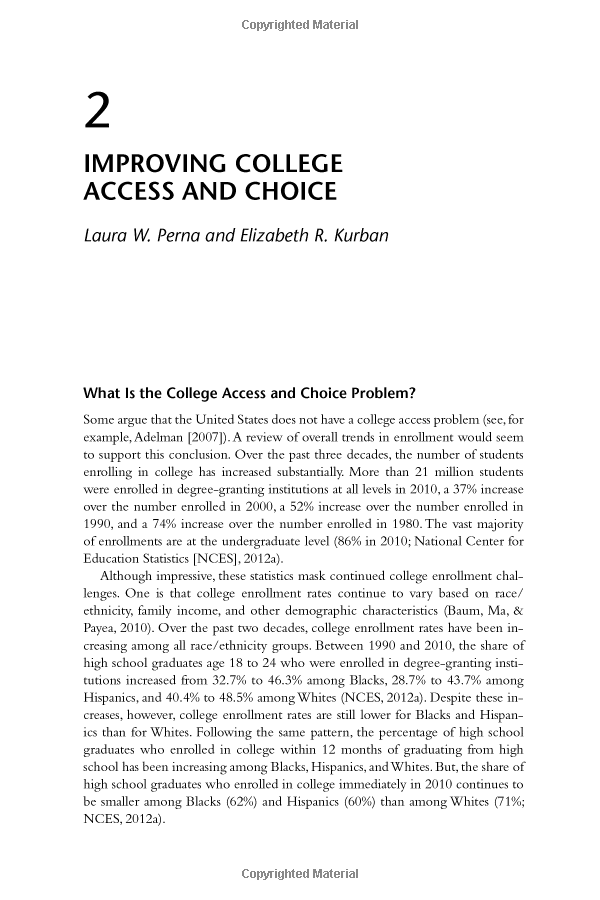"Can Student Loans Garnish My Wages? Understanding the Implications and Legal Processes"
Guide or Summary:Understanding Student Loan GarnishmentThe Legal Framework Behind Wage GarnishmentConsequences of Wage GarnishmentPreventing Wage Garnishmen……
Guide or Summary:
- Understanding Student Loan Garnishment
- The Legal Framework Behind Wage Garnishment
- Consequences of Wage Garnishment
- Preventing Wage Garnishment
- Seeking Help and Resources
#### Translation: "Can student loans garnish my wages?"
Understanding Student Loan Garnishment
When it comes to repaying student loans, many borrowers find themselves asking the crucial question: **can student loans garnish my wages?** The answer is yes, under certain circumstances, federal and private student loans can lead to wage garnishment if the borrower fails to make payments. This process is a legal mechanism that allows lenders to collect a portion of a borrower's wages directly from their employer, which can have significant implications for individuals struggling with debt.

The Legal Framework Behind Wage Garnishment
In the United States, wage garnishment for student loans is primarily governed by federal law. For federal student loans, the U.S. Department of Education can initiate garnishment without a court order, allowing them to take up to 15% of a borrower's disposable income. This is a powerful tool for the government to ensure that borrowers fulfill their repayment obligations. In contrast, private student loan lenders must go through the court system to obtain a judgment before they can garnish wages, which can make the process more complex and time-consuming.
Consequences of Wage Garnishment
The consequences of having wages garnished can be severe for borrowers. Not only does it reduce the amount of take-home pay, but it can also impact one’s ability to meet other financial obligations. For many, this can lead to a cycle of debt that becomes increasingly difficult to escape. Understanding the potential for wage garnishment is crucial for borrowers to manage their finances effectively and avoid falling into default.

Preventing Wage Garnishment
To avoid the possibility of wage garnishment, borrowers should take proactive steps. This includes staying informed about their loan status, communicating with lenders, and exploring repayment options. For federal loans, borrowers may qualify for income-driven repayment plans that can lower monthly payments based on income, reducing the risk of default. Additionally, borrowers facing financial hardship should consider deferment or forbearance options to temporarily pause payments without incurring penalties.
Seeking Help and Resources
If you find yourself struggling with student loan debt and are concerned about wage garnishment, it is essential to seek help. Numerous resources are available, including financial counseling services, non-profit organizations, and legal aid that can provide guidance on managing student loans and understanding your rights. Being proactive and informed can make a significant difference in navigating the complexities of student loan repayment.

In conclusion, the question **can student loans garnish my wages?** is a critical one for borrowers to consider. Understanding the legal implications, consequences, and preventative measures can empower individuals to take control of their financial future. By staying informed and seeking assistance when needed, borrowers can mitigate the risks associated with wage garnishment and work towards a more stable financial situation.